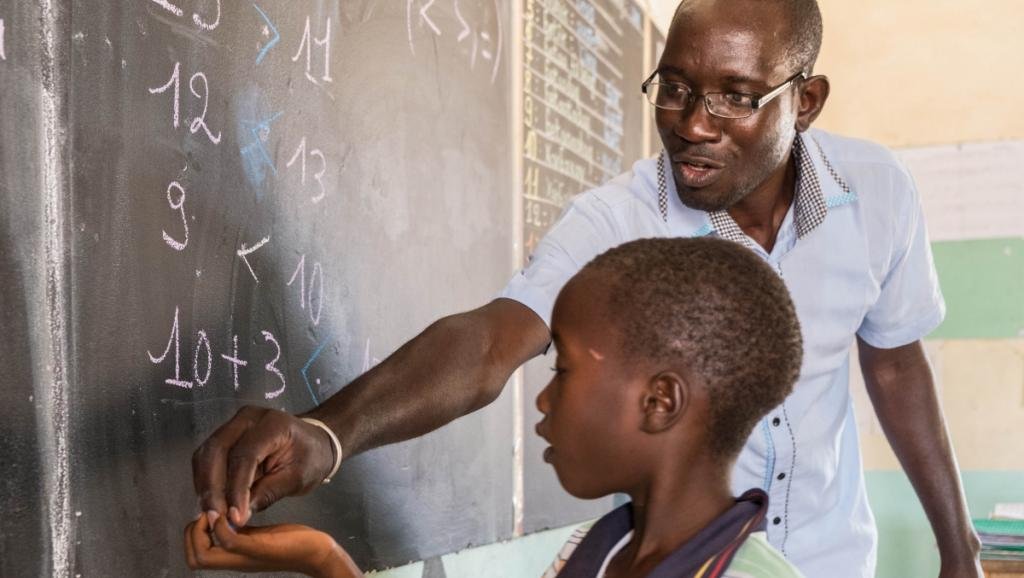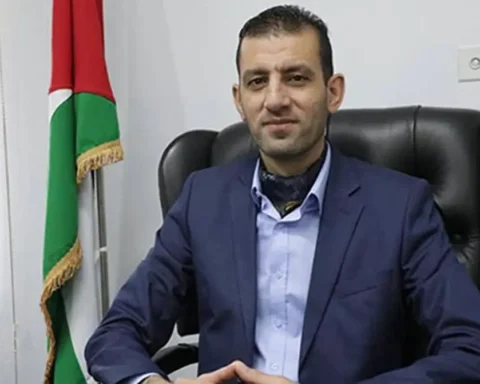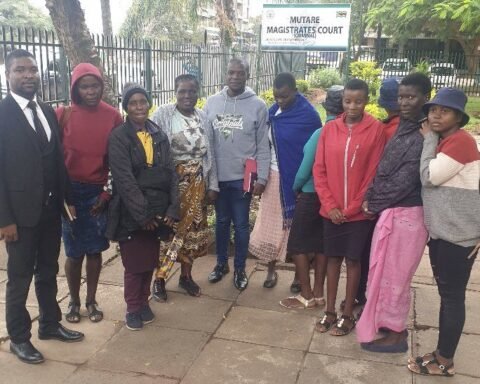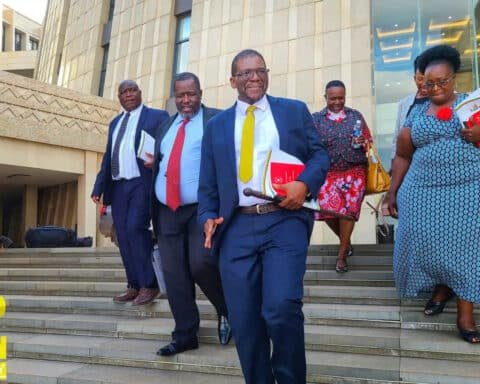The margin of support for the main candidates in Zimbabwe’s presidential election narrowed as the country prepares to go to the polls on July 30, Afrobarometer said.
That’s according the results of a recent survey conducted with 2,400 voting-age adults drawn from all 10 provinces of Zimbabwe, as the country gears up to head to the polls on 30 July.
The results from the survey, headed by Afrobarometer, a pan-African, non-partisan research network that conducts public attitude surveys on democracy across 36 countries in the continent, show that Zanu-PF’s Emmerson Mnangagwa marginally leads ahead of Movement for Democratic Change-T (MDC-T)’s Nelson Chamisa.
The pre-election survey reflects the public mood at the time of fieldwork between 25 June and 6 July 2018. Results in a similar survey conducted between 28 April and 12 May pitted Mnangagwa/Zanu-PF at 42% and Chamisa/MDC-T at 31%.
“By any measure, this is a considerable swing in favour of the challenger. Any further projection of this momentum into the final weeks of the campaign would reduce the gap between the contenders within the survey’s margin of error (+/-2 percentage points), rendering the election too close to call, Afrobarometer says in its report.
“In one important respect, elections in Zimbabwe are a tale of two contests. Voting patterns diverge dramatically, depending on where voters live, principally in rural or urban areas. As of early July, the Zanu-PF commanded a healthy 18-point lead in citizens’ stated voting intentions across Zimbabwe’s rural areas (48% vs. the MDC’s 30%). The tables were turned in urban areas, where the MDC (party plus Alliance) was ahead by the considerable margin of 23 percentage points (49% vs. 26%).”
The election is the first since Mnangagwa, a 75-year-old former vice president and spy chief, replaced former President Robert Mugabe last year. If neither candidate wins more than 50 percent, the country will hold a run-off election Sept. 8, the Zimbabwe Electoral Commission has said.
FEARS OVER VIOLENCE STILL LOOM
Zimbabwe has become notorious for pre- and post-election intimidation and violence of voters and opposition candidates in the past. While promises have been made that this trend will not rear its ugly head again later this month, the public’s fears have not been completely allayed.
In early May, a slim majority (51%) said they personally feared becoming a victim of electoral intimidation or violence. By early July, this number had dropped to 43%. This positive shift a bomb blast at a Zanu-PF election rally at White City Stadium in Bulawayo on 23 June 23, which killed two people.








